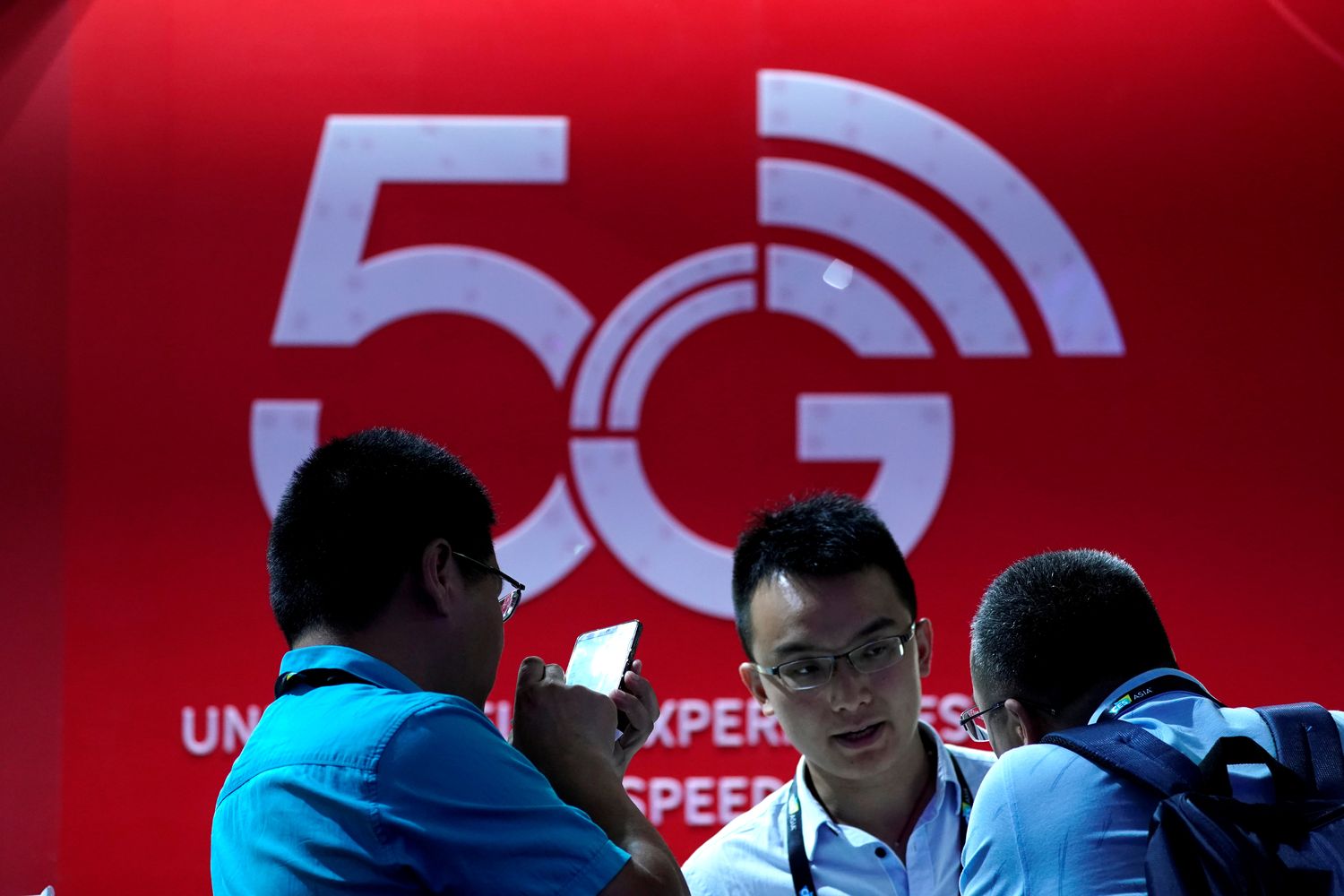
5G and 6G cellular networks, quantum computing, artificial intelligence (AI) and mobility service are among the key technologies that will have the most impact on the public in the next five years, says the National Science and Technology Development Agency (NSTDA).
"The advancement of science and technologies will improve people’s lives and reduce social inequality, while making an economic impact," Narong Sirilertworakul, president of NSTDA, said at the agency’s annual technology conference on Thursday.
The 5G mobile network is not only 20 times faster than 4G, but also helps connect other technologies, namely AI, big data, cloud and the Internet of Things (IoT).
Although 6G technology is still in the early stage, it is expected to be more than 1,000 times faster than 5G, Mr Narong said.
He has seen the rise of quantum computing and engineering, while higher internet speeds for the IoT and sensor technology are key to driving data usage. Powerful computing is needed to help solve complex tasks, such as decoding DNA.
Global tech firms, such as IBM, D-Wave, Intel and Microsoft, are moving towards these areas.
Mr Narong said AI will be important in the future because it can perform highly precise medical treatments.
AI, he said, will not replace humans, but work and learn together with humans, such as assisting people to perform medical diagnosis.
By 2030, it is estimated AI will have a global market value of US$16 trillion, nearly half of which will stem from China.
There are still some challenges facing AI technology, such as producing inaccurate results if bias data is put onto the system, according to Mr Narong.
Large cities are also moving towards Mobility as a Service (MaaS), which features the integration of various forms of transport services into a single mobility service based on demand.
The concept is to allow users to use transportation services without the need to own vehicles, he said, adding Uber and DiDi mobile apps are pursuing this service.
Frost & Sullivan, a research firm, estimates the MaaS market will reach $1 billion in 2019, up from $140 million in 2018.
By 2028, the market could hit $1.75 trillion, according to another research firm, BIS Research.